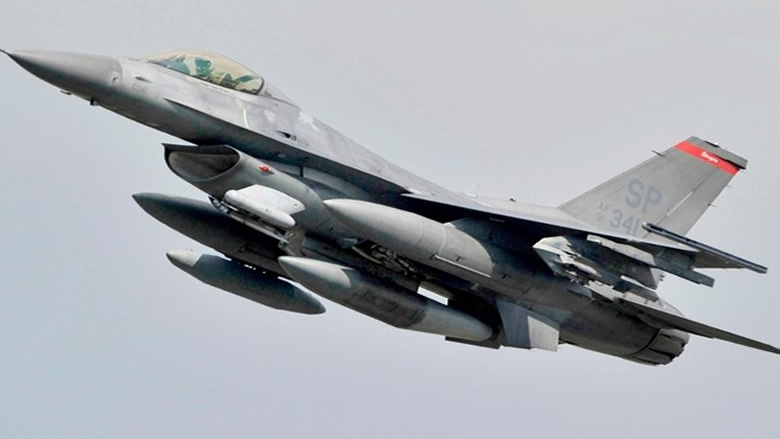Last week’s news that President Donald Trump is considering abandoning the Open Skies Treaty probably brought a yawn from most observers. Arms-control agreements like this seem to many people like yesterday’s problem.But ignoring arms control is a dangerous mistake, especially now. We’re in a moment of strategic instability between the United States and Russia, when the two nations barely talk. At the same time, we have an erratic president who’s heading toward possible impeachment. Not a healthy mix.
If ever there were a moment for dialogue about how to avoid miscalculation with doomsday weapons, it’s now. This should begin with a bipartisan group of House and Senate leaders - who can talk with administration officials about strategic stability and prepare the way for eventual discussions between the U.S. and Russia.
Holding our breath on Russia because we’re so angry about its 2016 election interference is not a sensible strategy. Neither is our current endless partisan bickering about major issues, which for Moscow is a dream come true.
“We need political space for arms control discussions to take place,” retired Sen. Sam Nunn, D-Ga, says. With former Energy Secretary Ernest Moniz, he’s co-chair of a group called the Nuclear Threat Initiative, which is prodding debate about what the two described in a recent Foreign Affairs article as a “toxic mix of decaying arms control and new advanced weaponry.” Trump’s possible withdrawal from the Open Skies Treaty was blasted last Monday as “reckless” by Rep. Eliot Engel, D-N.Y., chairman of the House Foreign Affairs Committee. The treaty has its flaws, but, as Engel noted, it provides “important military transparency,” and withdrawal now “would further undermine America’s reliability as a stable and predictable partner when it comes to European security.”
The Open Skies issue, in truth, illustrates why we need renewed dialogue with Russia to update old pacts to fit new technology. The agreement, which took effect in 2002, grew out of a 1955 proposal by President Dwight Eisenhower for mutual surveillance flights to calm fears about sneak attacks. It provides for regular reconnaissance overflights by the 34 ratifiers, with the imagery shared later with those nations.
The value of the agreement isn’t the surveillance photos: The U.S. and Russia can both get better imagery from their spy satellites. Rather it’s the value of shared rules for military transparency.
Rather than scrapping the agreement, the U.S. should be talking with Russia about how to modernize it. The problem is that relations between Washington and Moscow are frozen, partly because of the partisan paralysis that surrounds Trump’s presidency. As Nunn and Moniz write: “The United States and Russia are now in a state of strategic instability; an accident or mishap could set off a cataclysm.” Just because Trump favors more dialogue with Russia is not a reason for Democrats to oppose it.
Consider how the arms-control structure has gradually crumbled: The U.S. withdrew from the Anti-Ballistic Missile Treaty in 2002; last year, Trump announced that he would quit the Intermediate-Range Nuclear Forces Treaty; GOP senators have also urged Trump to leave the Comprehensive Test Ban Treaty. And now the move to close Open Skies.
The last pillar of the old regime is the 2010 New Strategic Arms Reduction Treaty (New START). It will expire in 2021 unless it’s renewed. This should be a no-brainer. It caps the number of nuclear warheads and provides important verification measures. But unless the two nations resume strategic dialogue, this, too, will slip away.
And then there are some terrifying new problems, which weren’t anticipated back in the heyday of arms control. Rules of war don’t exist for cyberspace. As Nunn and Moniz note, cyberattacks could disable early-warning systems, leaving nations blind to a missile attack, or disrupt command-and-control systems that could retaliate. And then there are space weapons, which could destroy warning and missile-launch satellites.
Russia has been a primary culprit in the unraveling process. President Vladimir Putin’s revenge play for the loss of the Soviet Union has meant pushing back on every front, including Open Skies and other arms-control pacts. America shouldn’t reward his belligerence, but it shouldn’t ignore major strategic issues with Russia, either.
The final obvious reason the U.S. needs to think more about arms control is that we have a careening, out-of-control president who, let’s never forget, commands the codes that could launch nuclear weapons. As the impeachment debate heats up, America will need a steadying process of quiet, high-level discussion about issues that are, in the end, a matter of life or death for us all.





